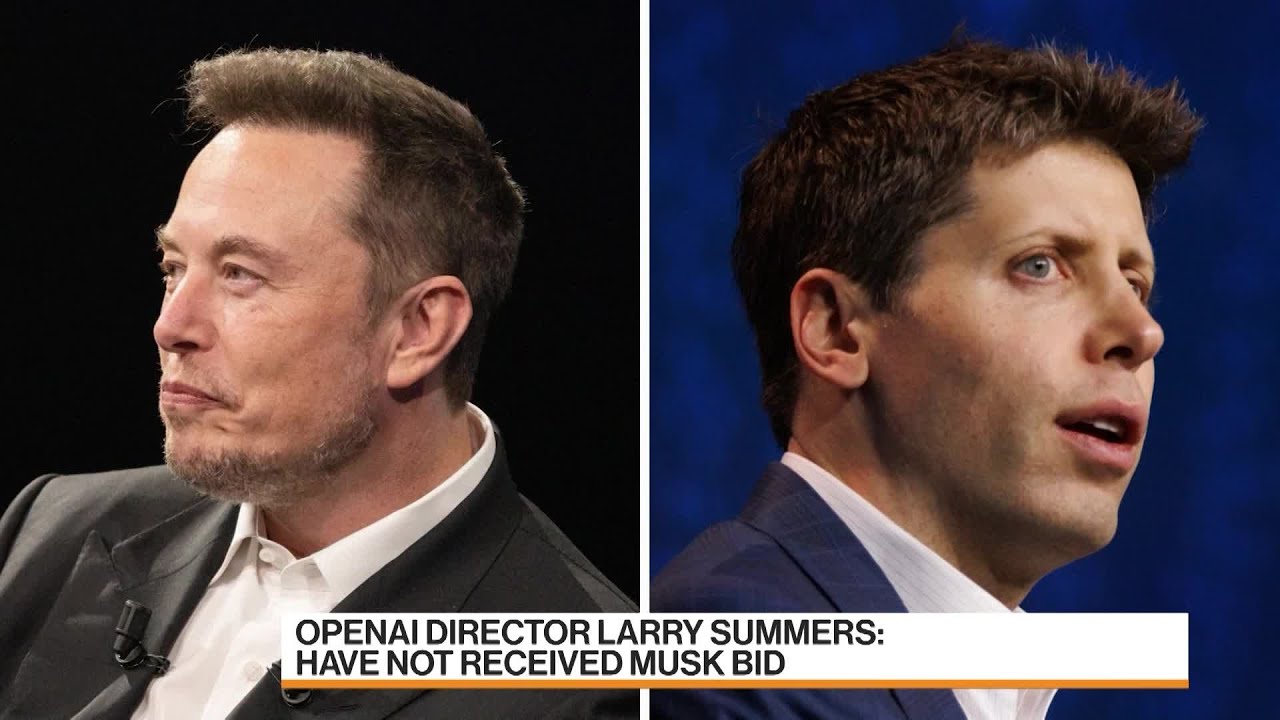Sam Altman, CEO of OpenAI, stated that the company is “not for sale” in response to Elon Musk’s acquisition offer, which he deemed unserious. The situation is complicated by OpenAI’s significant fundraising efforts, its transition to a public benefit corporation, and the competitive dynamics within the AI industry, raising questions about the company’s financial future and regulatory implications.
In a recent discussion surrounding Elon Musk’s offer to acquire OpenAI, CEO Sam Altman firmly stated that OpenAI is “not for sale.” Altman characterized Musk’s comments as unserious and suggested that Musk should focus on his own work instead. Despite Altman’s dismissal, the OpenAI board is expected to take Musk’s offer seriously and respond appropriately, given the complexities of the situation and the history between Musk and OpenAI.
The conversation also touched on OpenAI’s financial landscape, highlighting a significant fundraising effort that could reach up to $400 billion. This fundraising is part of a broader restructuring of OpenAI, which transitioned from a nonprofit to a public benefit corporation in 2019. This change was initially influenced by Musk’s involvement in the organization’s founding in 2015. The implications of this restructuring are significant, particularly regarding the financial obligations OpenAI may have to its nonprofit arm.
Musk’s valuation of OpenAI’s profits, which he claims could be worth nearly $100 billion, raises questions about the company’s financial strategy and future direction. The ongoing discussions about OpenAI’s structure and its fundraising efforts suggest that there are deeper issues at play beyond Musk’s acquisition offer. The situation is further complicated by the competitive landscape of AI, with various companies, including Musk’s own ventures, vying for dominance in the field.
Regulatory concerns also loom over the potential acquisition, particularly regarding monopoly implications. The irony of Musk criticizing OpenAI as a monopoly while simultaneously developing his own large language model has not gone unnoticed. This highlights the competitive tensions within the AI industry, where multiple players, including Anthropic and Musk’s X AI, are emerging as significant competitors.
Overall, the situation remains fluid, with many unanswered questions about OpenAI’s future, its financial structure, and the potential impact of Musk’s offer. As the dialogue continues, stakeholders are keenly observing how OpenAI’s board will navigate these challenges and what this means for the broader AI landscape.
